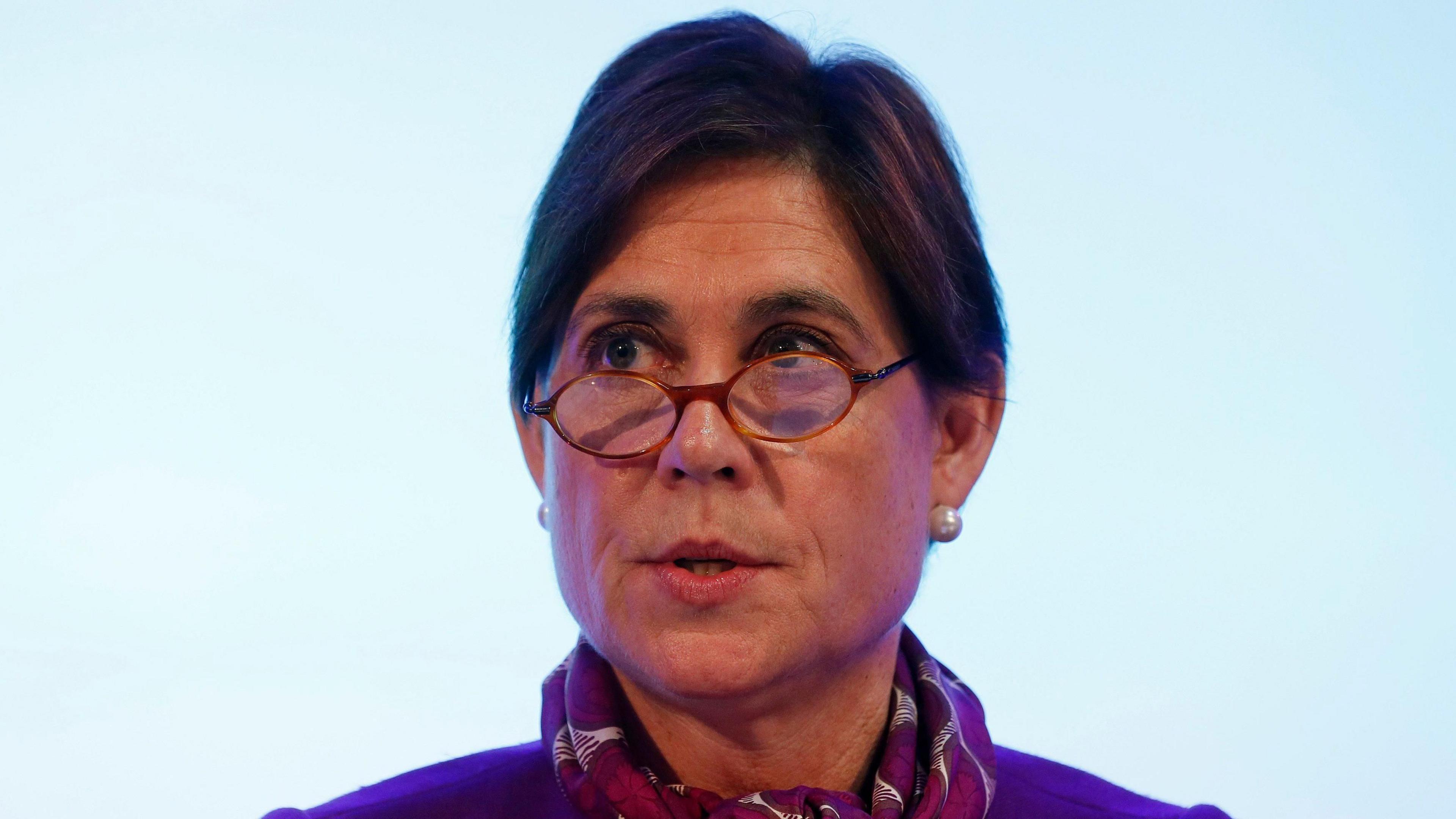Inquiry deeply worried about elderly mental health
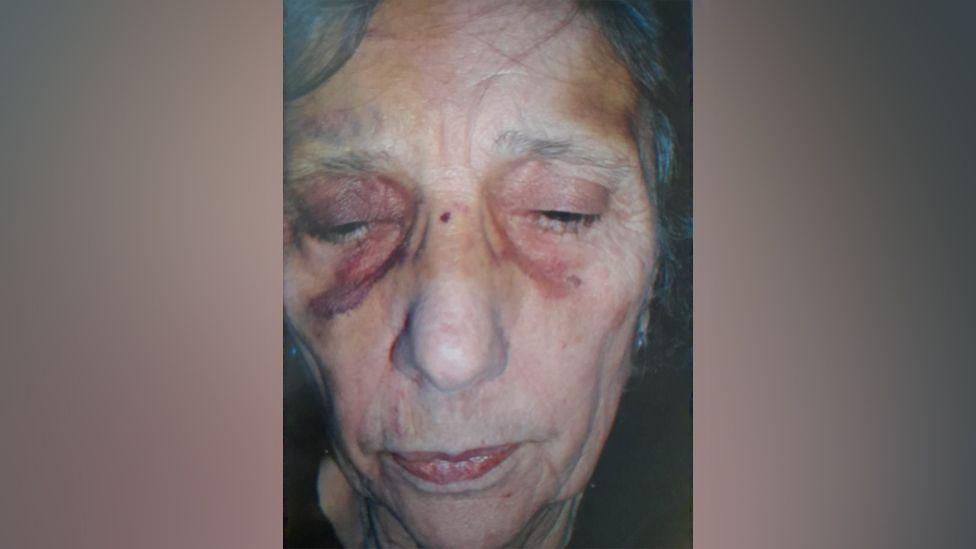
Dawn Johnson said her mother confided she had been trying to take her own life but was told by staff that she was "attention seeking"
- Published
A public inquiry into more than 2,000 deaths said it was "deeply worried" about the level of care for older adult in-patients with mental health concerns.
The Lampard Inquiry is looking into the deaths which took place under mental health services in Essex between 2000 and 2023.
During its hearings in October, bereaved relatives had "potentially revealed deep-rooted systemic issues and endemic prejudice in the care and treatment of older in-patients", according to Rebecca Harris KC, counsel to the inquiry.
Essex Partnership University NHS Foundation Trust (EPUT) has apologised to families and said improvements have been made.
In her closing remarks at the latest hearing, Ms Harris said the inquiry had heard "shocking examples" of how older adult in-patients were spoken to and treated by staff "and how in some cases their dignity was all but taken away completely".
Ms Harris said that those responsible for providing care were "struggling, and at some times failing, to meet the needs of the older age cohort, many of whom so desperately need help".
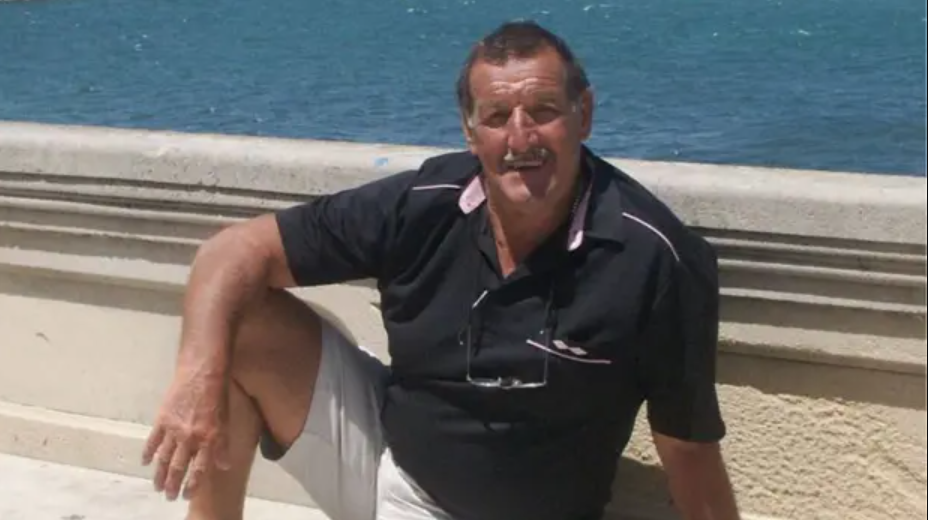
Colin Flatt was described by his partner as once being a "strong, capable man"
Ms Harris recalled how Melanie Leahy had told the inquiry that her late husband, ex-footballer Colin Flatt, was treated "as though his life had less value because of his age".
Ms Harris also referred to the death of Iris Scott, whose family told the inquiry their mother was threatened and bullied by staff who accused her of being "attention seeking".
The evidence relating to older age care was "deeply worrying" and "the inquiry intends to investigate these matters very carefully," Ms Harris added.
EPUT chief executive Paul Scott told the BBC in a statement said he wanted to "say how sorry I am" to all those grieving loved ones.
"All of us across healthcare have a responsibility to work together to improve care and treatment for all and to build on the improvements that have already been made over the last 24 years."
What else did we learn?
The Lampard Inquiry has been running for more than a year since it started in September 2024. Its fifth set of hearings - held at Arundel House in London - ran from 13 to 28 October.
The inquiry heard "grave concerns" about Oxevision, which uses sensors and cameras to monitor in-patients while in their bedrooms.
Campaign group Stop Oxevision said it was a "superficial quick fix for wider systemic issues" and said many patients' found the technology "intrusive, undignified, dehumanising and traumatising".
Oxevsion's manufacturer said the system played a critical role in preventing patient harm, but agreed that filming a patient 24 hours a day could possibly "constitute a very significant invasion of privacy".
Zephan Trent, executive director of strategy, transformation and digital at EPUT, told the inquiry that improvements had been made in staff training, and that patient consent for the use of Oxevision was now actively sought.
The inquiry will hear more evidence from bereaved families when it resumes in February 2026.
Further sessions in April, July and October 2026 are expected to hear evidence from healthcare staff and corporate witnesses.
Get in touch
Do you have a story suggestion for Essex?
Follow Essex news on BBC Sounds, Facebook, external, Instagram, external and X, external.
- Published23 October
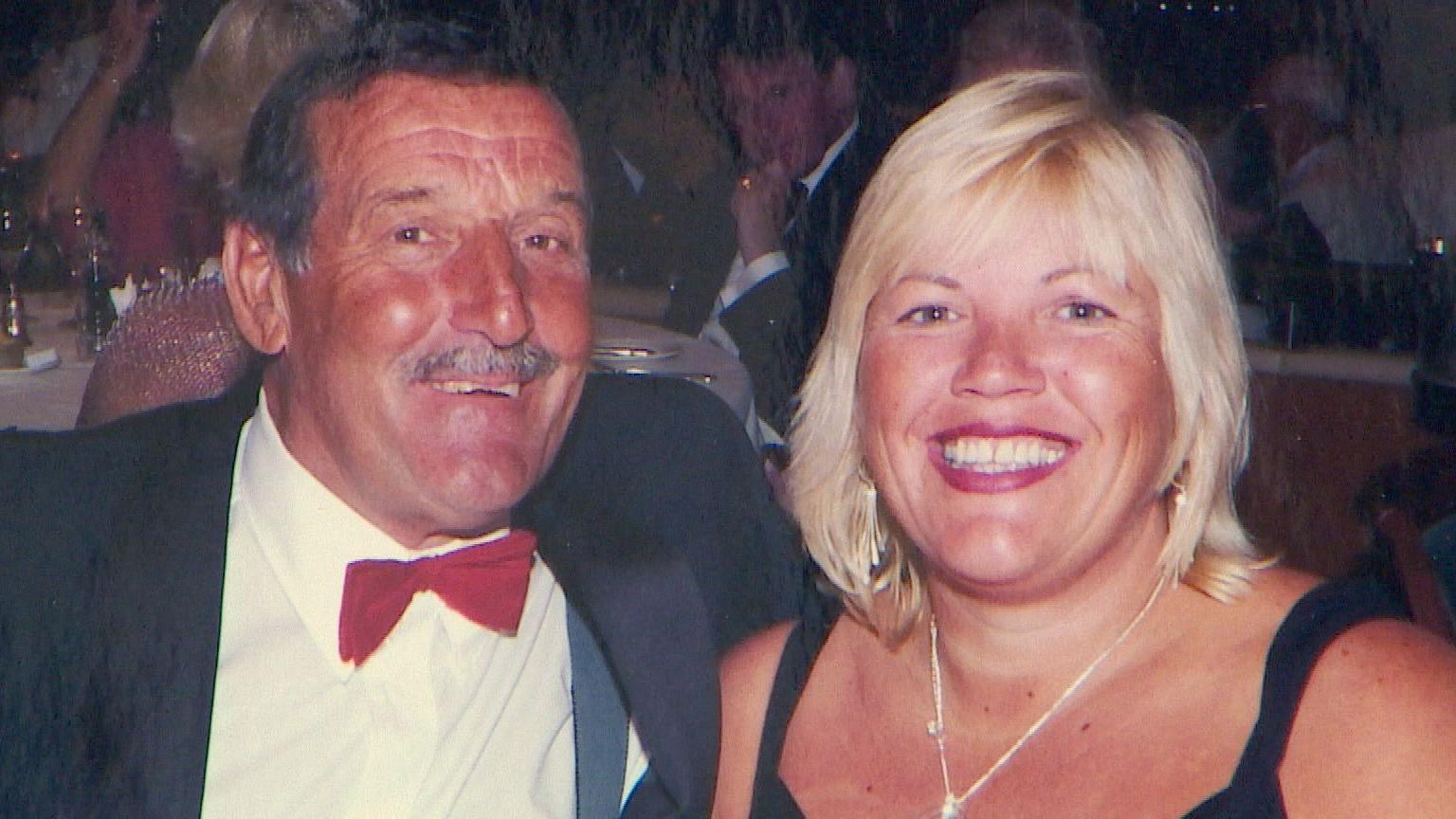
- Published21 October
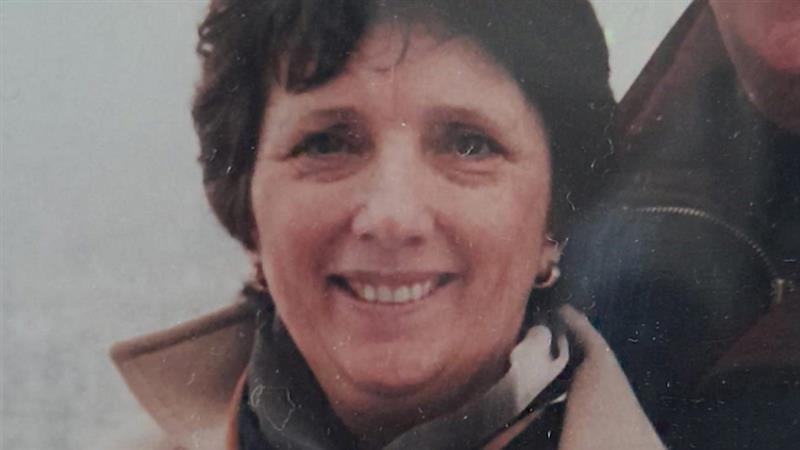
- Published14 October
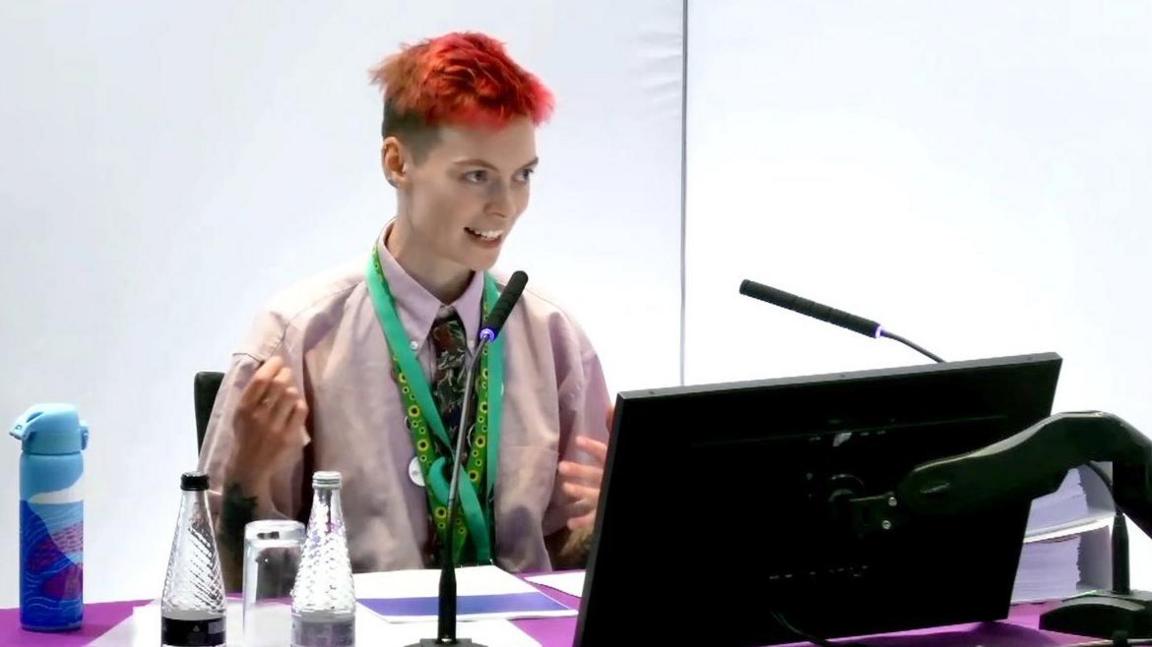
- Published18 October
